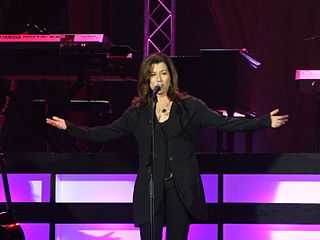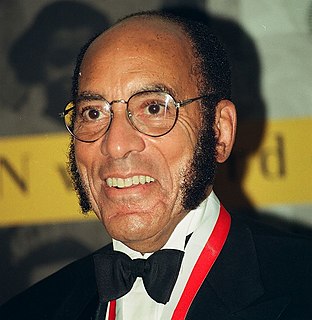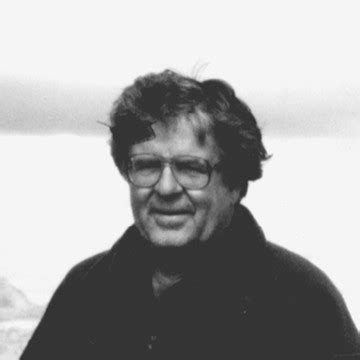A Quote by Brian Fallon
I don't want to tell what the songs are about for me, because then people can't decide for themselves, which is why I write; it's for you to find your own meaning in. For me it's my story, for someone else it's theirs; if I tell exactly what it means, then it's only my story.
Related Quotes
Vera said: 'Why do you feel you have to turn everything into a story?' So I told her why: Because if I tell the story, I control the version. Because if I tell the story, I can make you laugh, and I would rather have you laugh at me than feel sorry for me. Because if I tell the story, it doesn't hurt as much. Because if I tell the story, I can get on with it.
A story is a way to say something that can't be said any other way, and it takes every word in the story to say what the meaning is. You tell a story because a statement would be inadequate. When anybody asks what a story is about, the only proper thing is to tell them to read the story. The meaning of fiction is not abstract meaning but experienced meaning.
The best time to tell your story is when you have to tell your story. When it's not really a choice. But then, when you get that first, messy, complicated version down, you have to read it over and be very tough on yourself and ask, 'Well what's the story here?' If you're lucky enough to have someone you trust looking over your shoulder, he or she can help you if [you] lack perspective on your own story.
I hate irony, particularly when it is used because there isn't any message or to hide that someone hasn't any story to tell. Just like when someone only spews out a stack of cool words which don't mean anything and then has the gall to call it art. I always want to create a bridge between us and the listener, and I want it to be so that kids want to create for themselves a story or a context of the words.
Characters simply come and find me. They sit down, I offer them a coffee. They tell me their story and then they almost always leave. When a character, after drinking some coffee and briefly telling her story, wants dinner and then a place to sleep and then breakfast and so on, for me the time has come to write the novel.
I have no patience with people who want to tell me what's wrong. I only want to hear from the person who first tells me the solution and then fills me in on the problem. I don't want to hear that your basement is flooded. I want to hear that you've found the number to the cleanup company. Then tell me why you're calling them.
Love is a story we tell with another person. It's cocreation through conarration. When you hit bumps in the road and challenges, you write a new chapter in your story together. Love is the constant act of revising and retelling your own story in real time. You don't do it by yourself. You do it with someone else. The only way you do that is to talk to each other and create a shared narrative.
I think that people have to have a story. When you tell a story, most people are not good storytellers because they think it's about them. You have to make your story, whatever story it is you're telling, their story. So you have to get good at telling a story so they can identify themselves in your story.




































